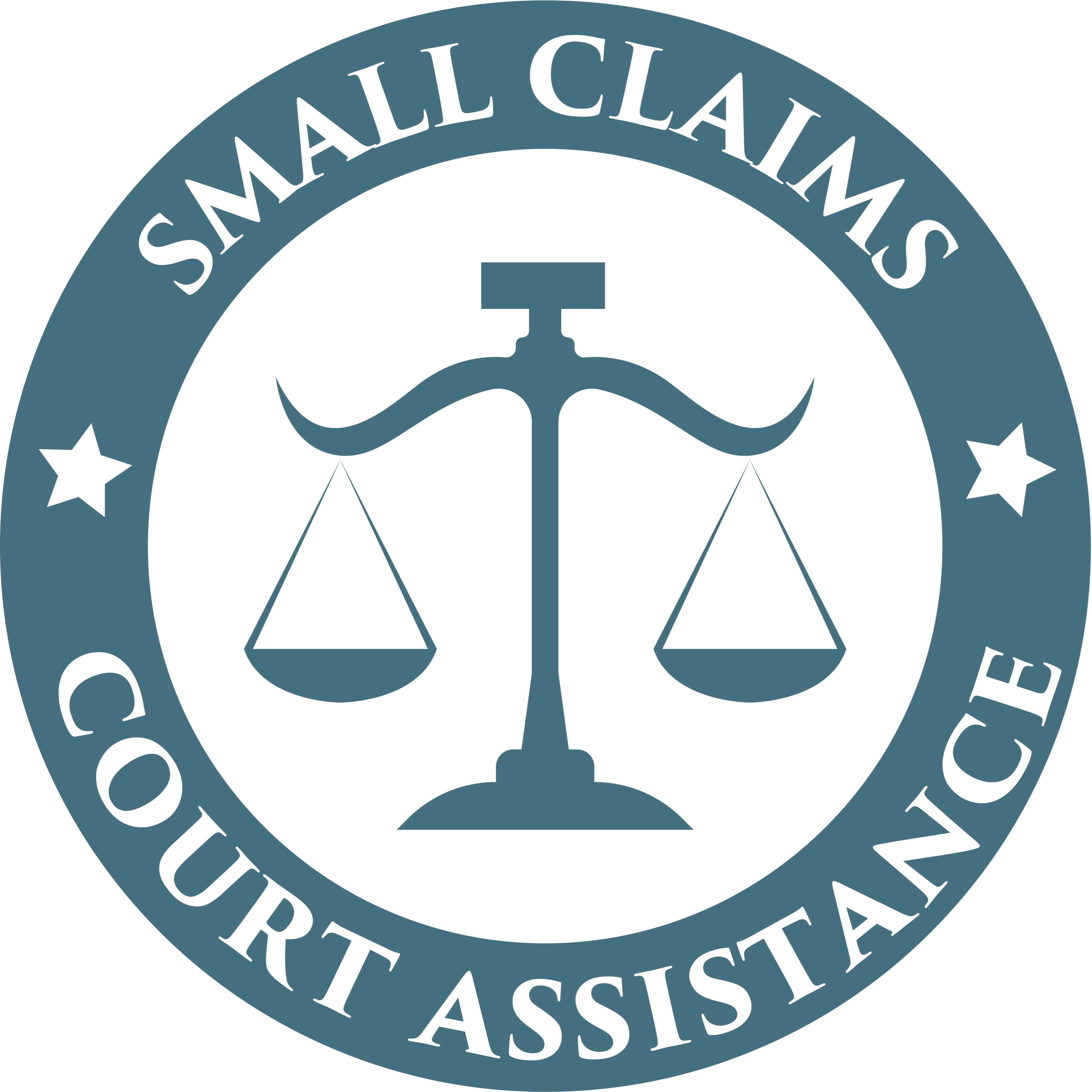The legal landscape is filled with various pathways for conflict resolution, and one that often comes to mind is Small Claims Court. While it serves as a simplified, less formal system for smaller legal disputes, it’s not always the most efficient or cost-effective option. Increasingly, parties in conflict are turning to Alternative Dispute Resolution (ADR) methods, such as mediation and arbitration, as a way to sidestep the lengthy and expensive process of formal litigation.
What is Alternative Dispute Resolution (ADR)?
Alternative Dispute Resolution encompasses a variety of approaches to resolving conflicts outside of court settings. These can include mediation, where a neutral third party helps the disputing parties to come to a consensual resolution, and arbitration, in which an arbitrator issues a decision after listening to arguments and reviewing evidence.
Why Choose ADR Over Small Claims Court?
Time Efficiency
The Small Claims Court process can be time-consuming, often requiring multiple hearings and an extended period of preparation. ADR usually provides a more immediate resolution, which is particularly useful for businesses where time is money.
Cost-Effectiveness
Court costs, even for Small Claims, can mount quickly when you consider filing fees, the potential need for legal representation, and other associated costs. ADR often comes at a fraction of the price.
Confidentiality
Small Claims Court decisions are a matter of public record. If the issue at hand involves sensitive information that you’d prefer to keep out of the public eye, ADR provides a confidential setting for dispute resolution.
Flexibility and Control
ADR methods offer more flexibility in solutions and allow the disputing parties greater control over the outcome. In a court setting, the judge’s decision is final and may not offer the nuanced resolution that a mediation or arbitration process could provide.
Relationships
Often, Small Claims Court can be a confrontational experience, potentially causing irreparable harm to business relationships. ADR is usually a more collaborative process, often enabling the preservation of relationships for future business dealings.
When Should You Skip Small Claims Court for ADR?
- When Confidentiality is Crucial: If your dispute involves trade secrets or sensitive information, ADR is the better route.
- For Complex Cases: Cases that involve multiple parties or complex issues are better suited for ADR.
- Ongoing Business Relationships: If you have an ongoing relationship with the other party and wish to maintain it, ADR is less adversarial.
- International Disputes: For disputes that cross jurisdictional lines, ADR can be more effective and simpler.
- When Both Parties Prefer a Collaborative Approach: A mutual preference for a less confrontational and more collaborative approach is ideal for ADR.
- Legal Precedent: If your case could set a legal precedent that you would prefer to avoid, ADR keeps the resolution out of the public record.
- Speed is of the Essence: If a quick resolution is needed, ADR is often faster.
- Specialized Knowledge Needed: Some disputes may require specialized knowledge that a mediator or arbitrator can provide, but a Small Claims Court judge likely cannot.
- Cost Concerns: If either party is concerned about the potential costs of court, ADR is generally less expensive.
- Desire for a Mutually-Agreeable Outcome: Mediation, in particular, aims for a win-win situation that might not be achievable in court.
The Alternative: DCI’s Third-Party Debt Recovery Services
Before diving into either Small Claims Court or ADR, consider a third alternative—third-party debt recovery services like those offered by DCI, also known as Debt Collectors International. DCI specializes in B2B debt recovery and has a proven track record of resolving financial disputes efficiently and effectively. Here’s why DCI should be your first option:
- No Recovery, No Fee: You only pay when DCI successfully recovers your debt.
- Global Network: DCI has an extensive international network that can handle cross-border disputes.
- Expert Negotiators: DCI’s team is skilled in achieving favorable outcomes without going to court.
- Legal Support: Should the need for legal action arise, DCI is fully equipped to guide you through the legal landscape.
- Efficiency: DCI aims for quick resolutions to enable your business to move forward.
- Transparency: Receive regular updates and reports on your case.
- Custom Solutions: DCI offers tailored recovery solutions to meet your specific needs.
- Industry Expertise: DCI has extensive experience in various industries, including construction supplies and services.
- Compliance: All recovery activities are in compliance with local and international laws.
- Client-First Approach: DCI prioritizes client satisfaction in every case they handle.
Conclusion
While Small Claims Court has its place for certain types of disputes, it’s not always the most efficient or effective option for resolving conflicts, especially in the business domain. Alternative Dispute Resolution methods offer a variety of advantages, including cost and time savings, as well as a higher degree of control and confidentiality. However, before you opt for any formal process, be it ADR or Small Claims Court, consider the third-party debt recovery services offered by DCI.
For more information, visit www.debtcollectorsinternational.com or call 855-930-4343. Choose DCI for a more efficient, cost-effective, and successful debt recovery process.

Comments are closed